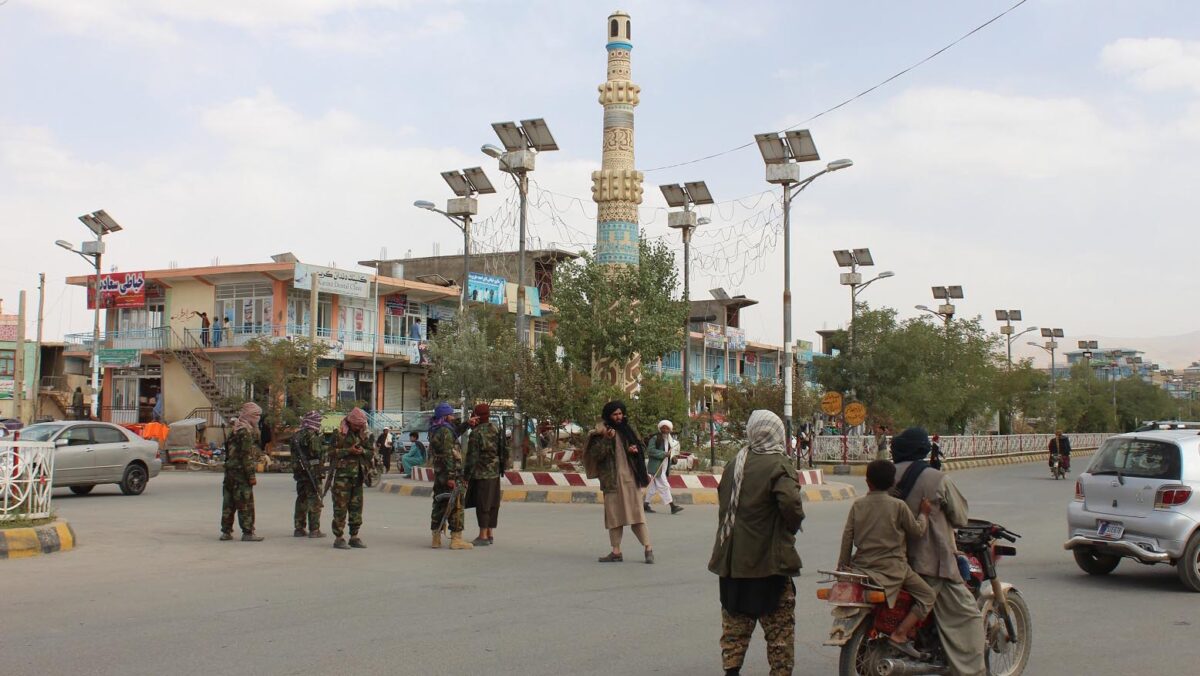Pakistan’s envoy to the United Nations has said that the deteriorating economic situation in Afghanistan could lead to Taliban fighters crossing over to more violent and hardline militant groups including Daesh.
In an interview with Newsweek, Pakistan’s permanent representative to the UN Munir Akram said his government was “concerned” about the increase in militancy along its border with Afghanistan.
He said insurgent groups that posed a threat include Tahreek-e-Taliban Pakistan (TTP) and Balochistan Liberation Army (BLA). He said both of these groups have increasingly targeted Pakistani military personnel and civilians, while the regional ISIS Khorasan branch, Daesh, also posed a threat to the region.
He also said that new challenges have emerged in trying to influence the Taliban-led government in Afghanistan that taking on all of these groups was in its immediate interest.
“Now we have a situation in Afghanistan where the Taliban need to be convinced to deal with all of the terrorist movements not only ISIL-K, which they are fighting, but others,” Akram told Newsweek.
“We understand the situation, but we have to find an effective strategy of dealing with it.”
Akram stated that other groups such as the East Turkestan Islamic Movement (ETIM) comprised of Islamists of Uyghur descent, and the Islamist Movement of Uzbekistan (IMU) comprised of Islamists of Uzbek descent, also needed “to be combatted”.
However, the Taliban would have difficulty combatting these groups as it was strapped for cash, he said.
“It’s obvious that ISIL-K (Daesh) is becoming stronger and they’re getting money from outside,” Akram said. “If the Taliban do not have enough money, they may lose some of their factions to ISIL-K, so it’s a very disturbing situation.”
While the Taliban has mostly downplayed security issues in the country, the group has been battling Daesh, which continues to carry out deadly attacks across the country.





